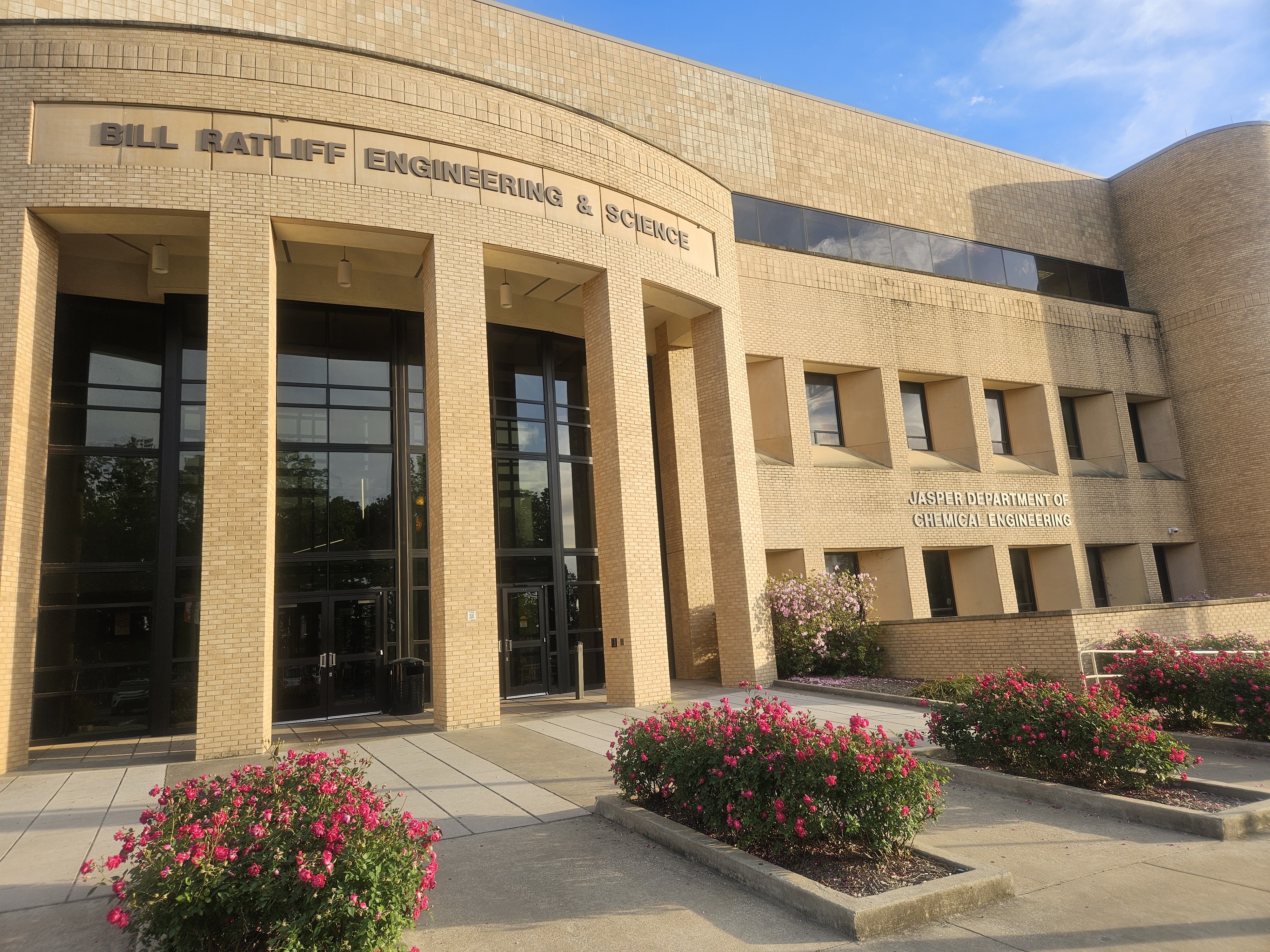Research
The CoMMA lab leverages molecular modeling and simulation, artificial intelligence (AI), and machine learning (ML) techniques to design and discover new materials, addressing technical challenges in climate change, water treatment, and chemical separation, and ultimately contributing to a sustainable future. We aim to answer the following overarching question:
How can we design novel materials to:
- Separate and replace harmful chemicals?
- Recover and purify valuable resources?
We are particularly interested in ionic liquids, polymeric membranes, and porous materials for sustainability and health-related applications. Our research integrates AI/ML with molecular simulation and core principles of chemical and materials engineering to develop advanced computational workflows. Our goal is to advance the role of AI in science, bridge the gap between data-driven approaches and fundamental understanding in chemical and materials research, and develop generalizable computational workflows that accelerate scientific discovery across a wide range of scientific fields.
We have three main research thrusts:
- Push the boundaries of atomistic simulations with AI
We integrate AI/ML with molecular simulations to accelerate and enhance the accuracy of property prediction and characterization at the molecular level.- ML-enabled force field development
- Active learning accelerated property calculation
- Better understanding of structure-property relationship
- Discover novel materials for chemical separations
- Ionic liquids for liquid-phase absorption
- Polymers for membrane-based adsorption
- Identify sustainable alternatives to harmful substances
- Replace high global warming potential hydrofluorocarbons with green refrigerants
- Eliminate toxic per- and polyfluoroalkyl substances (PFAS)
